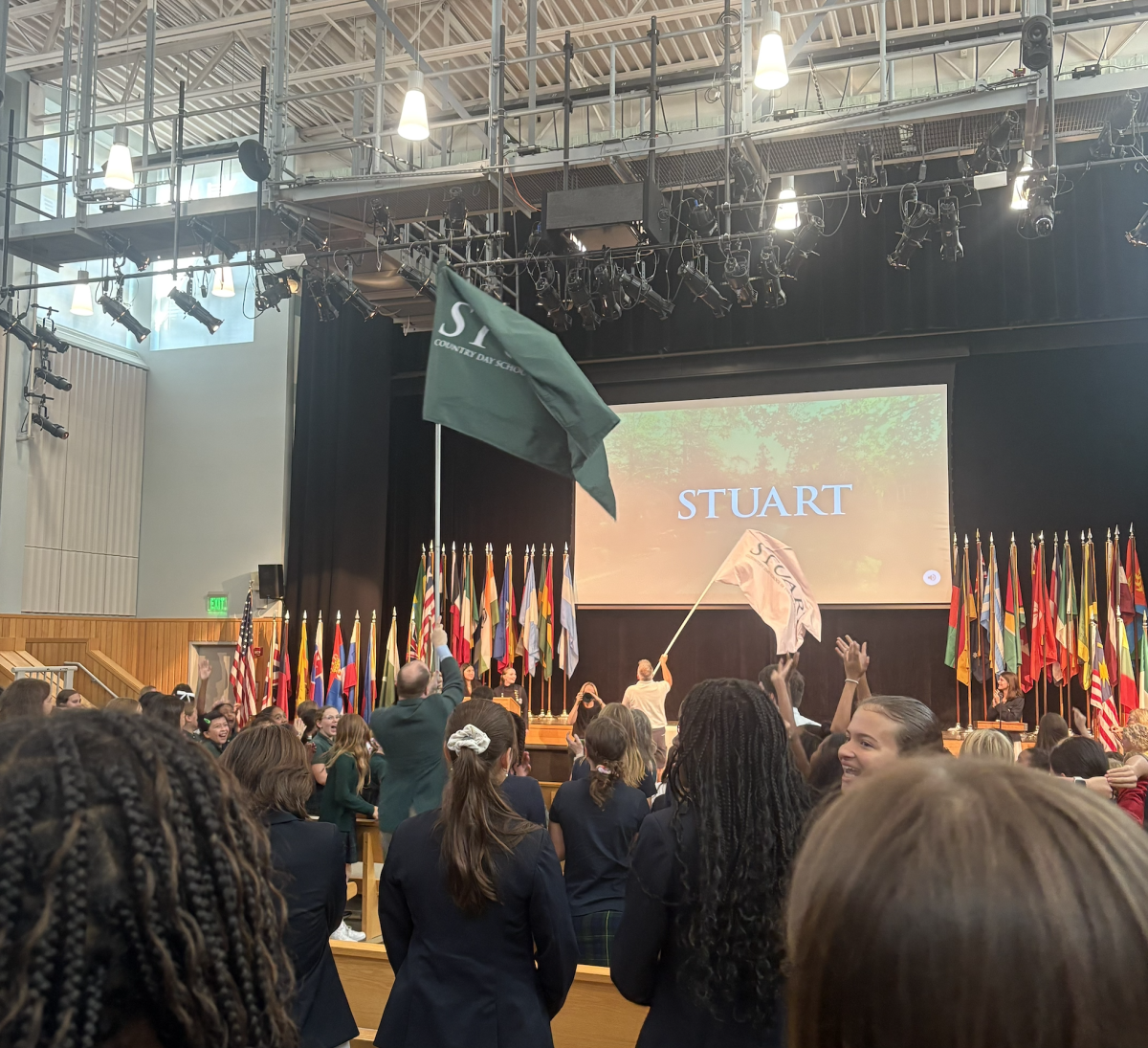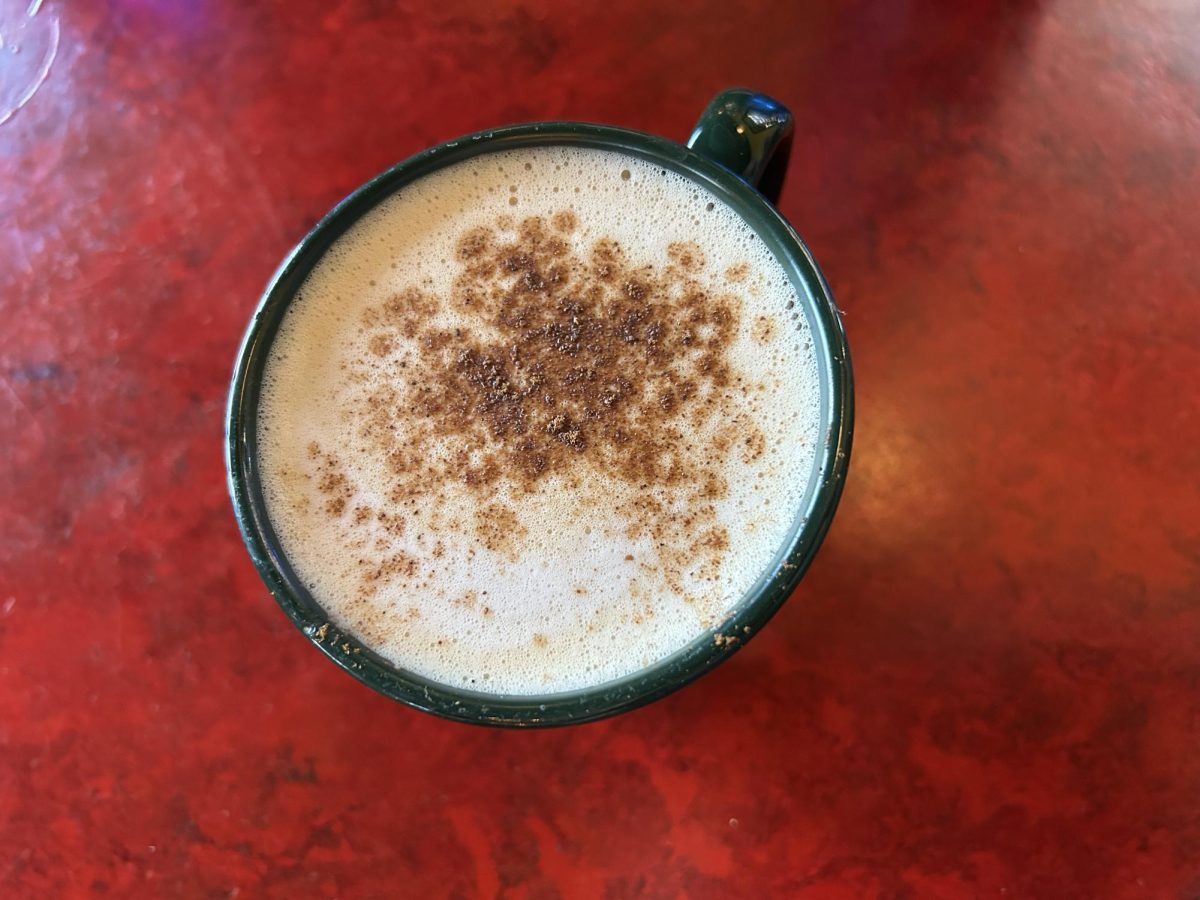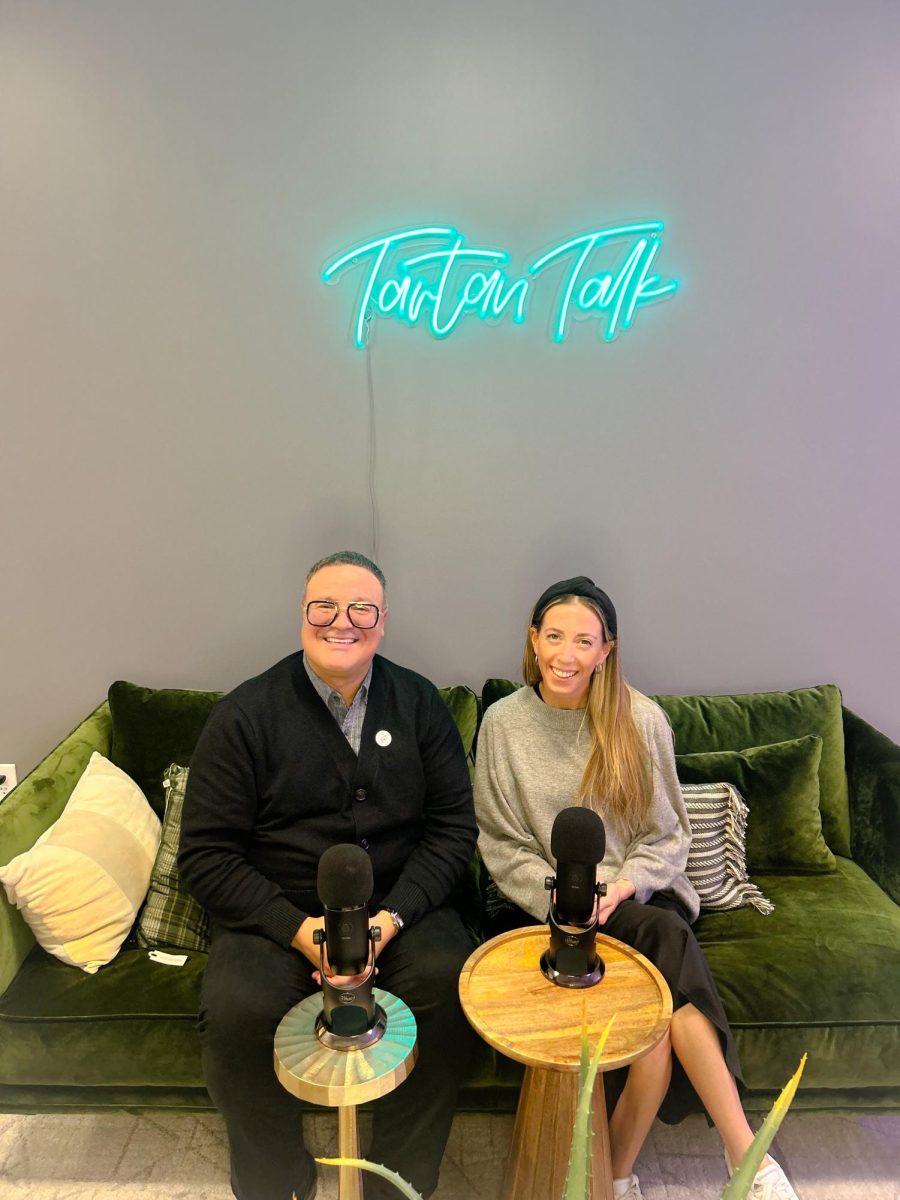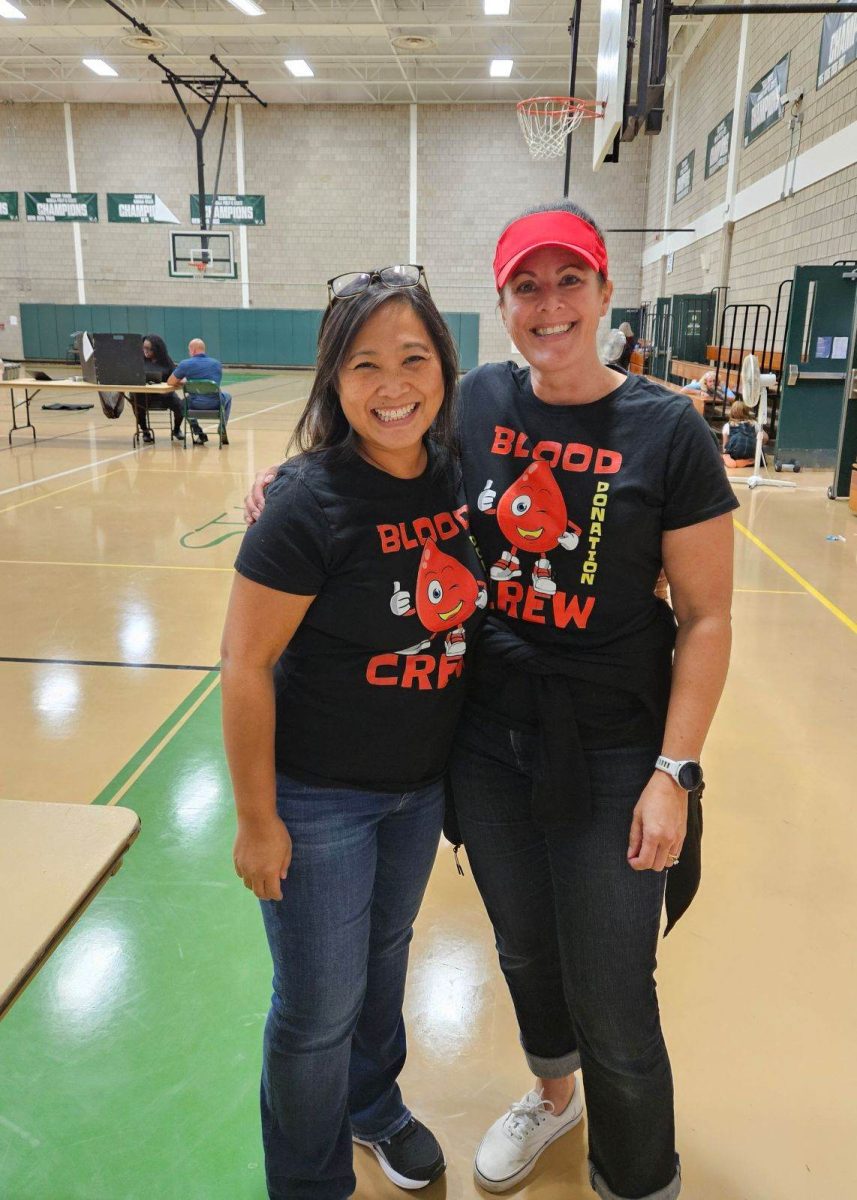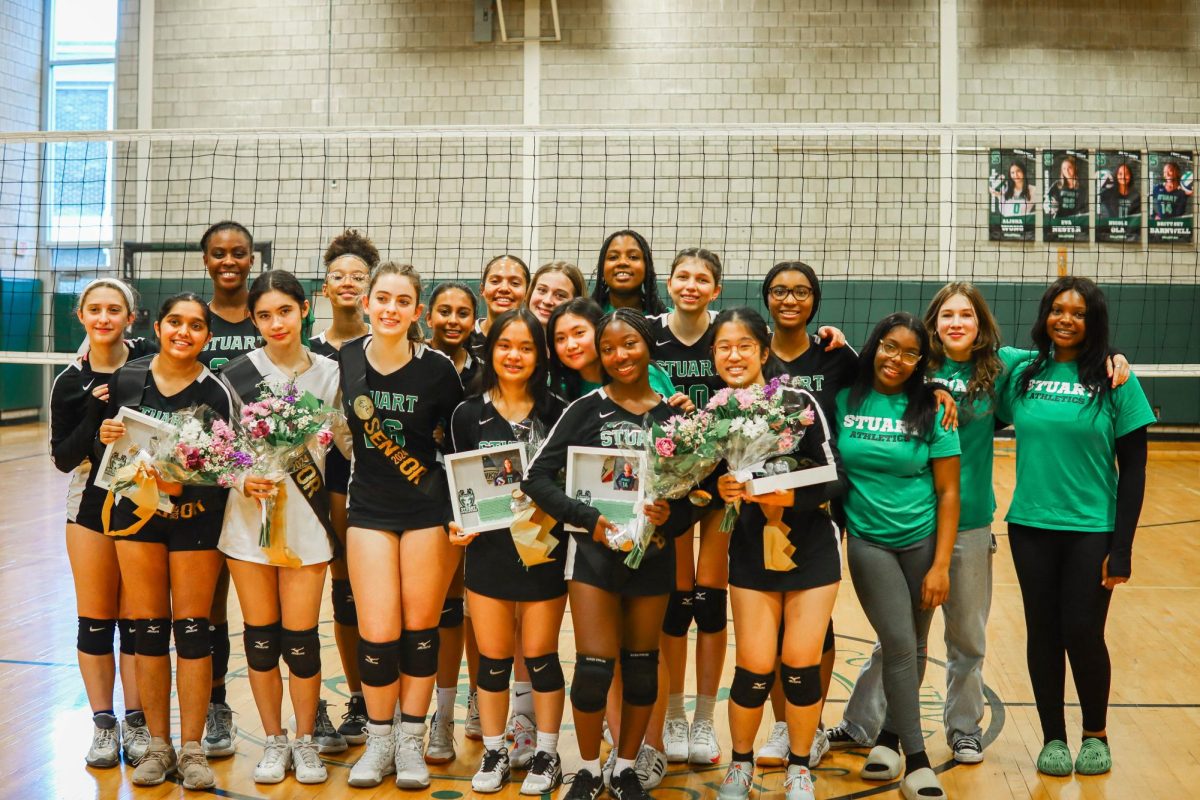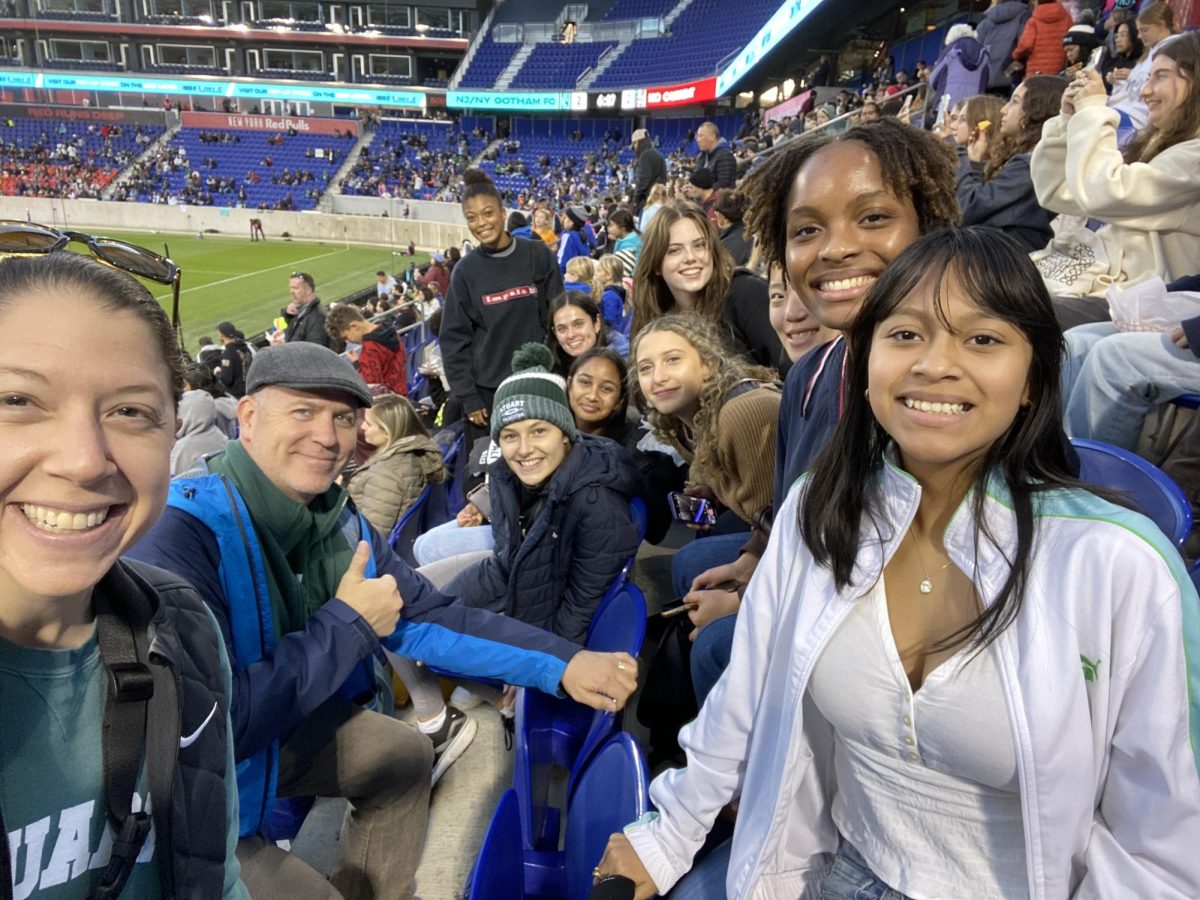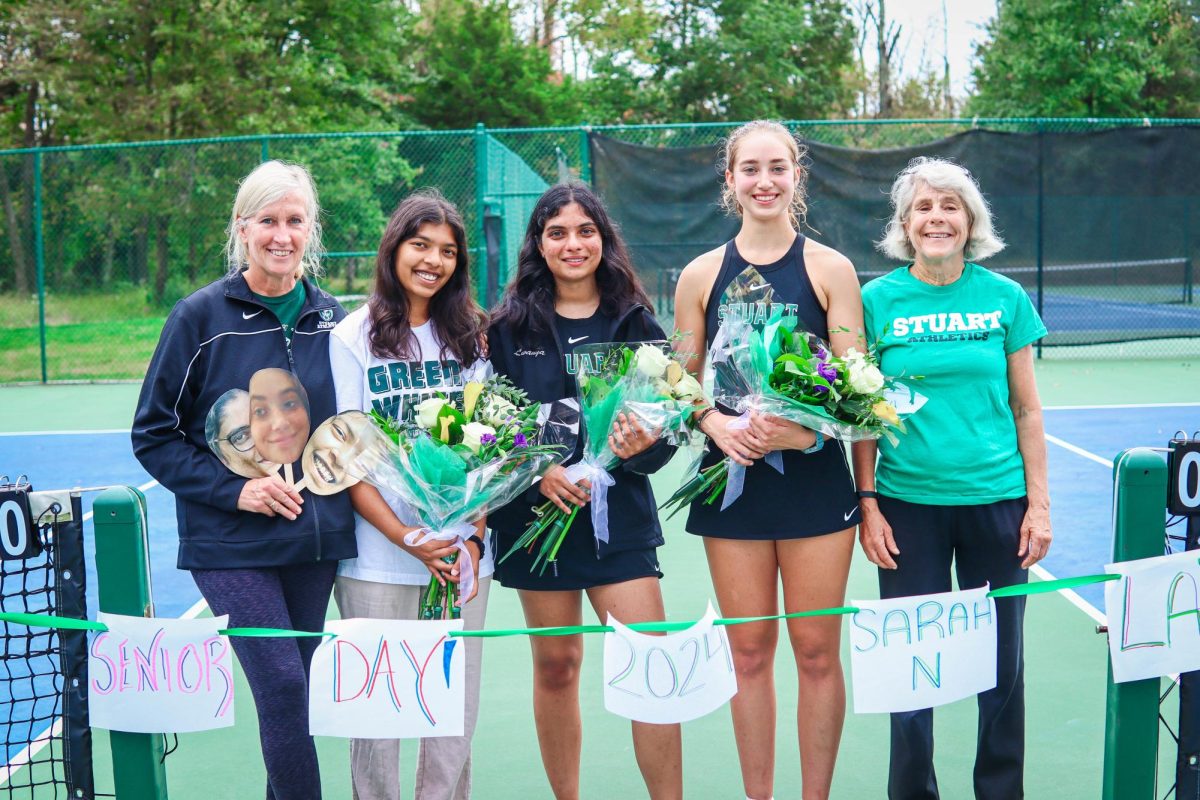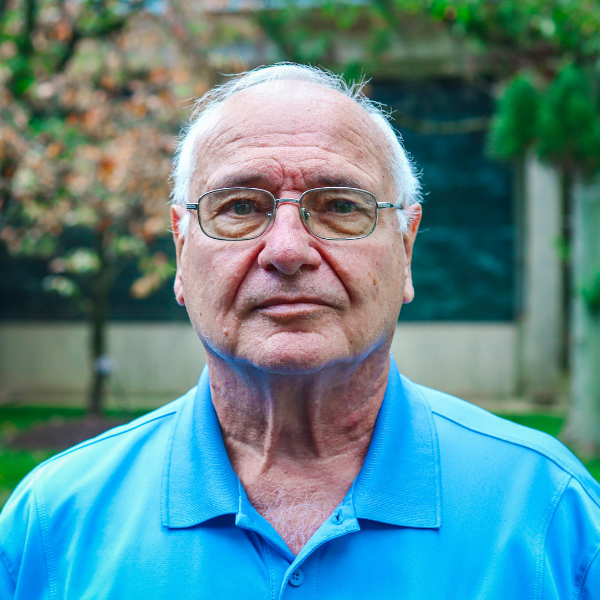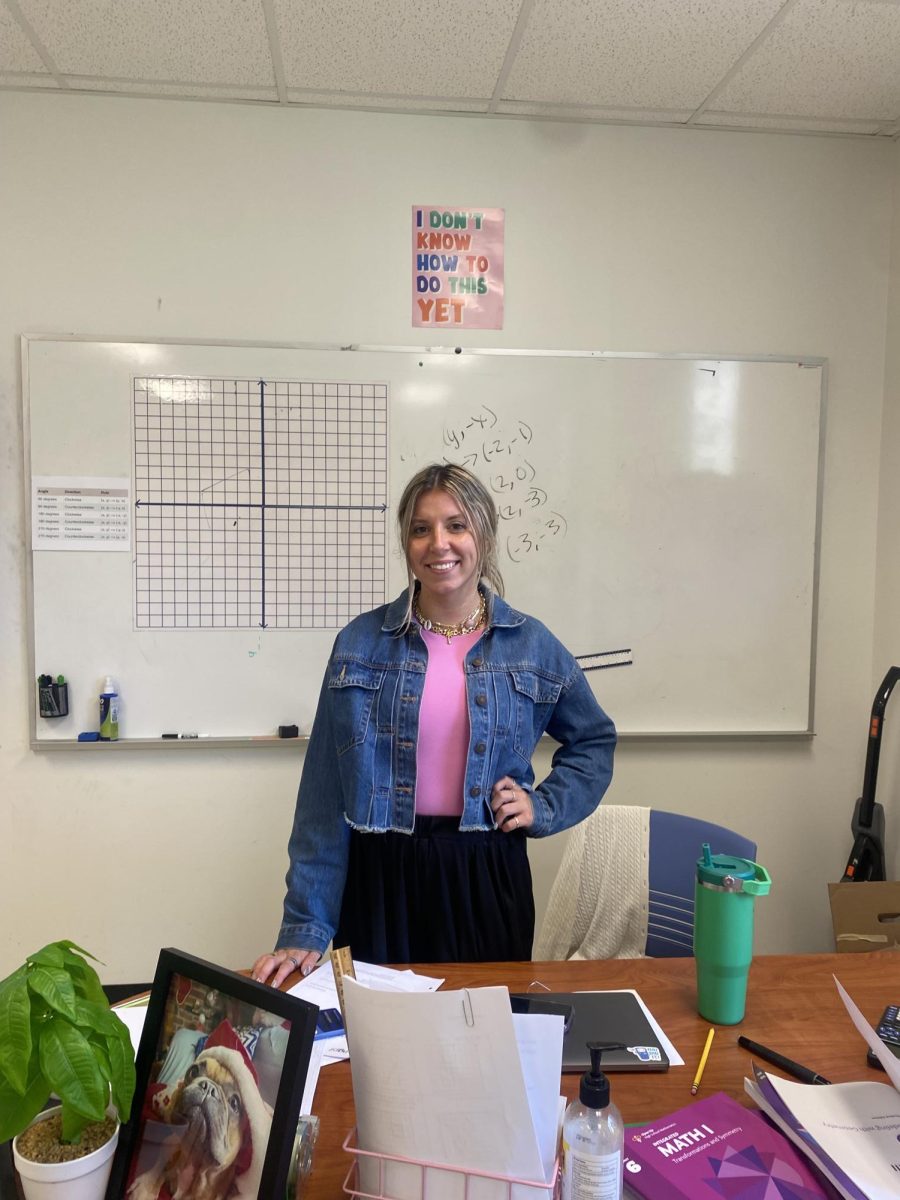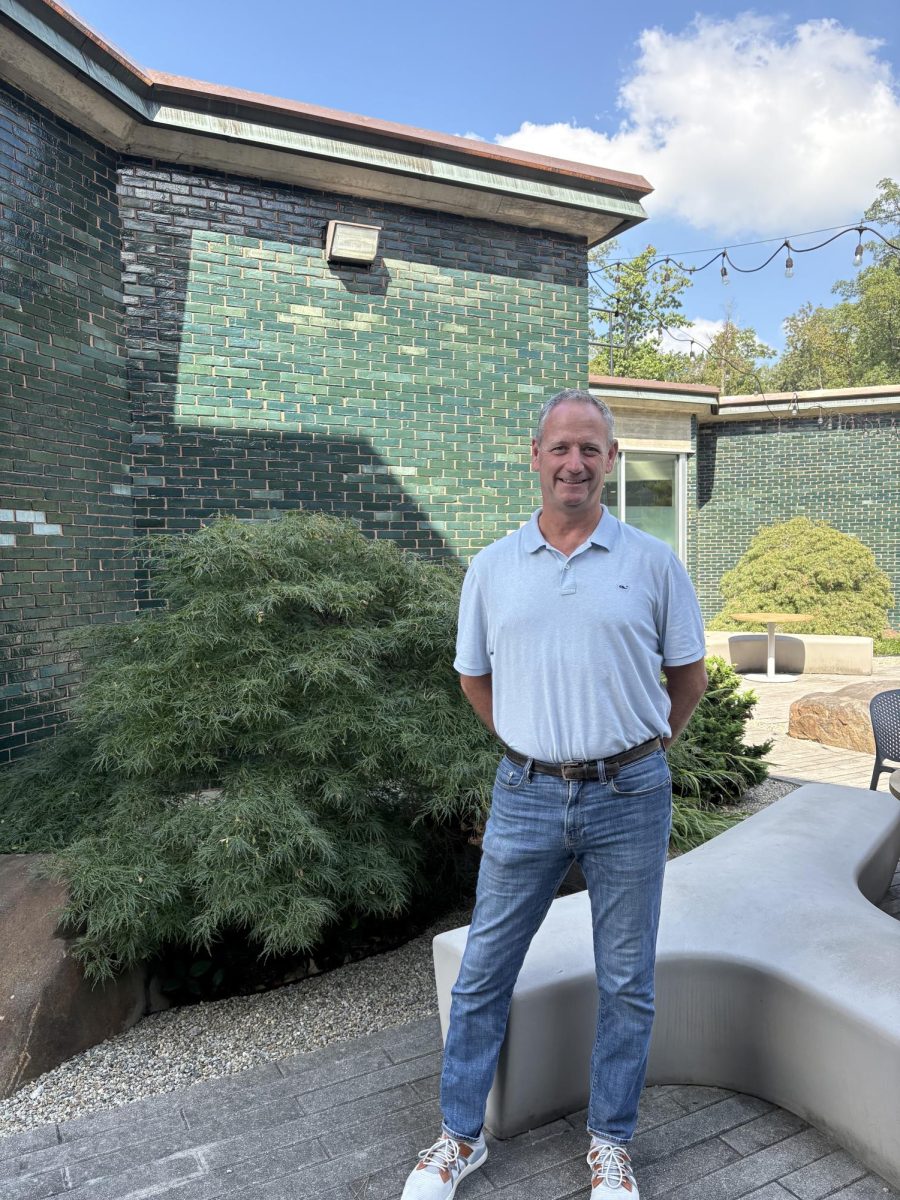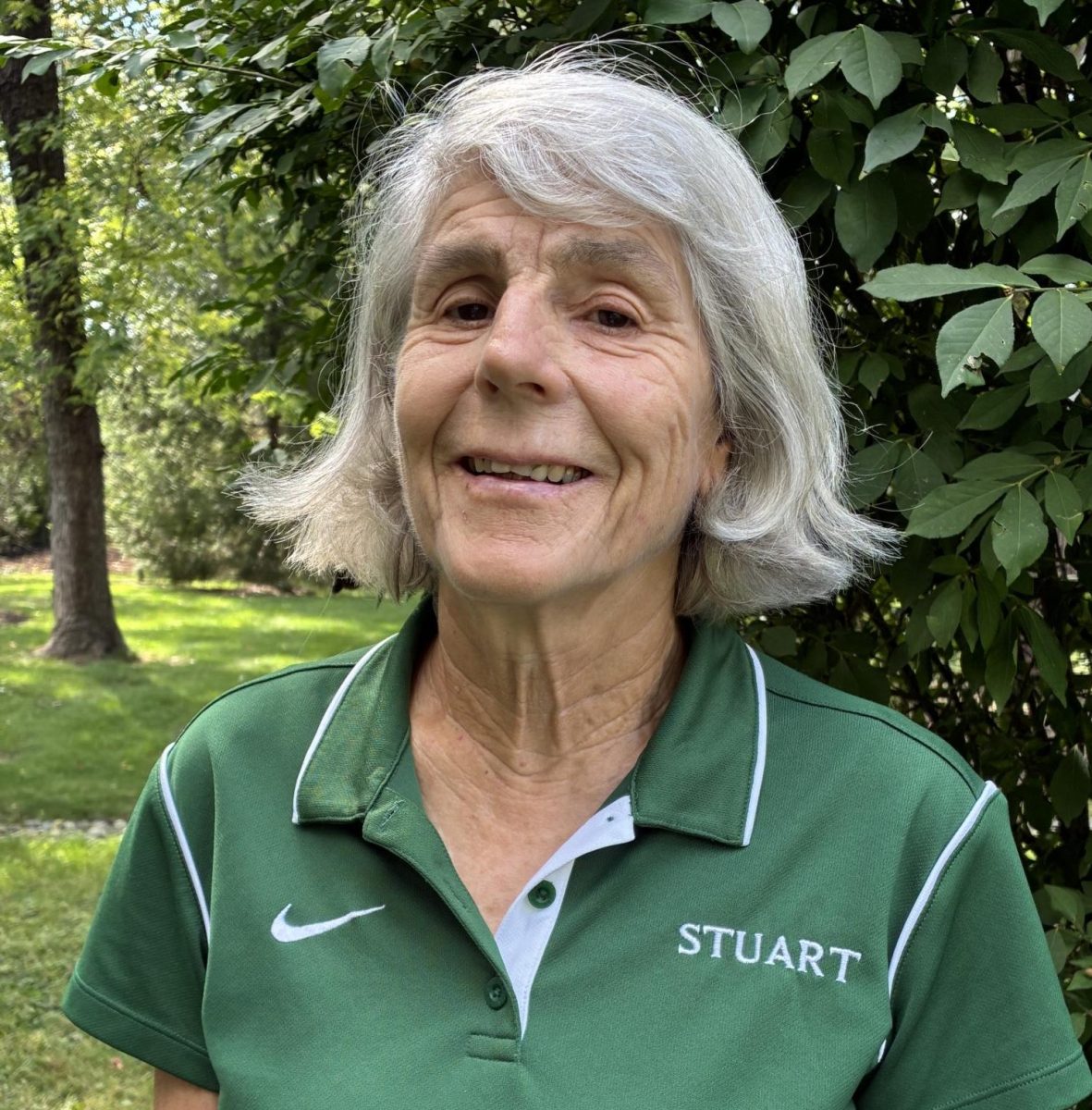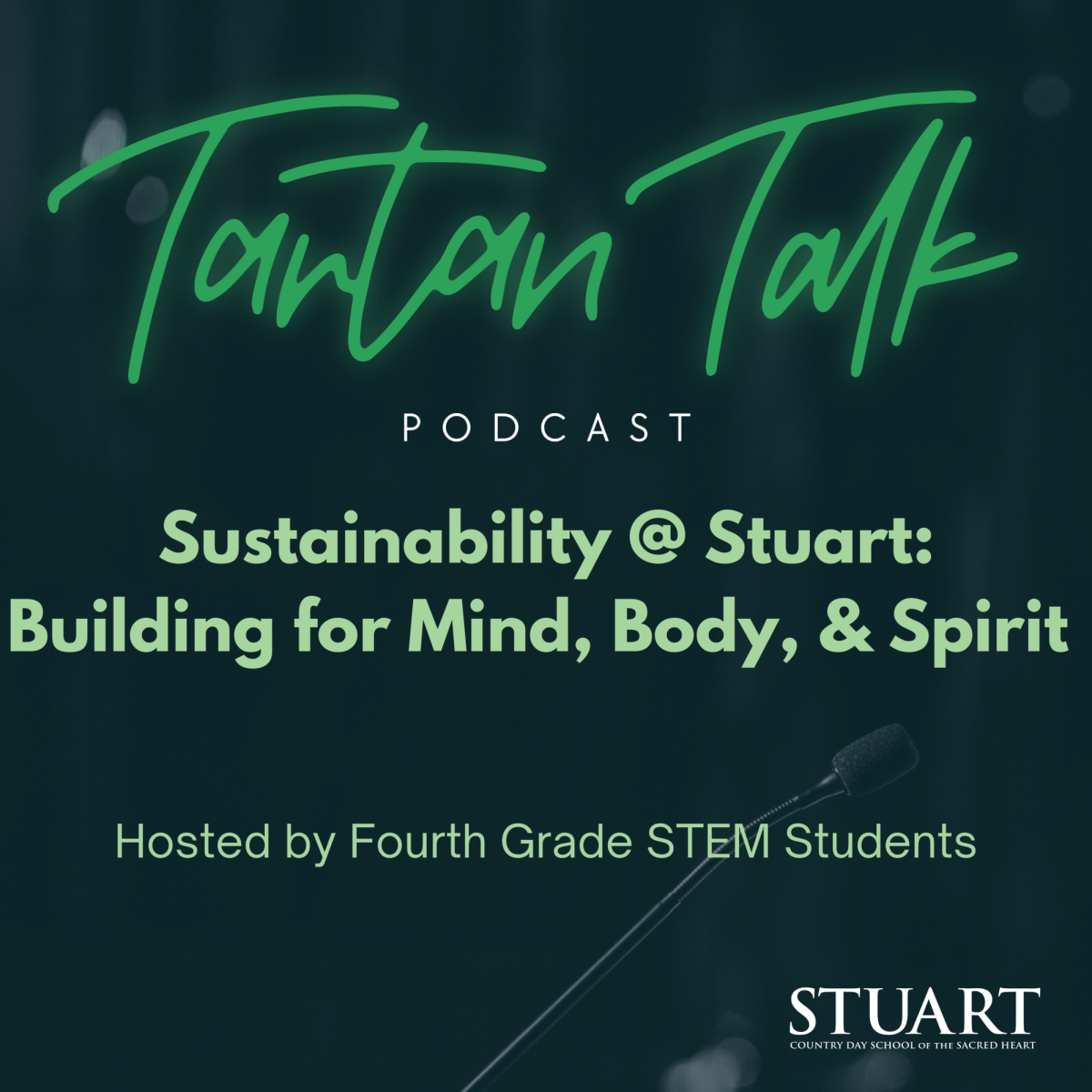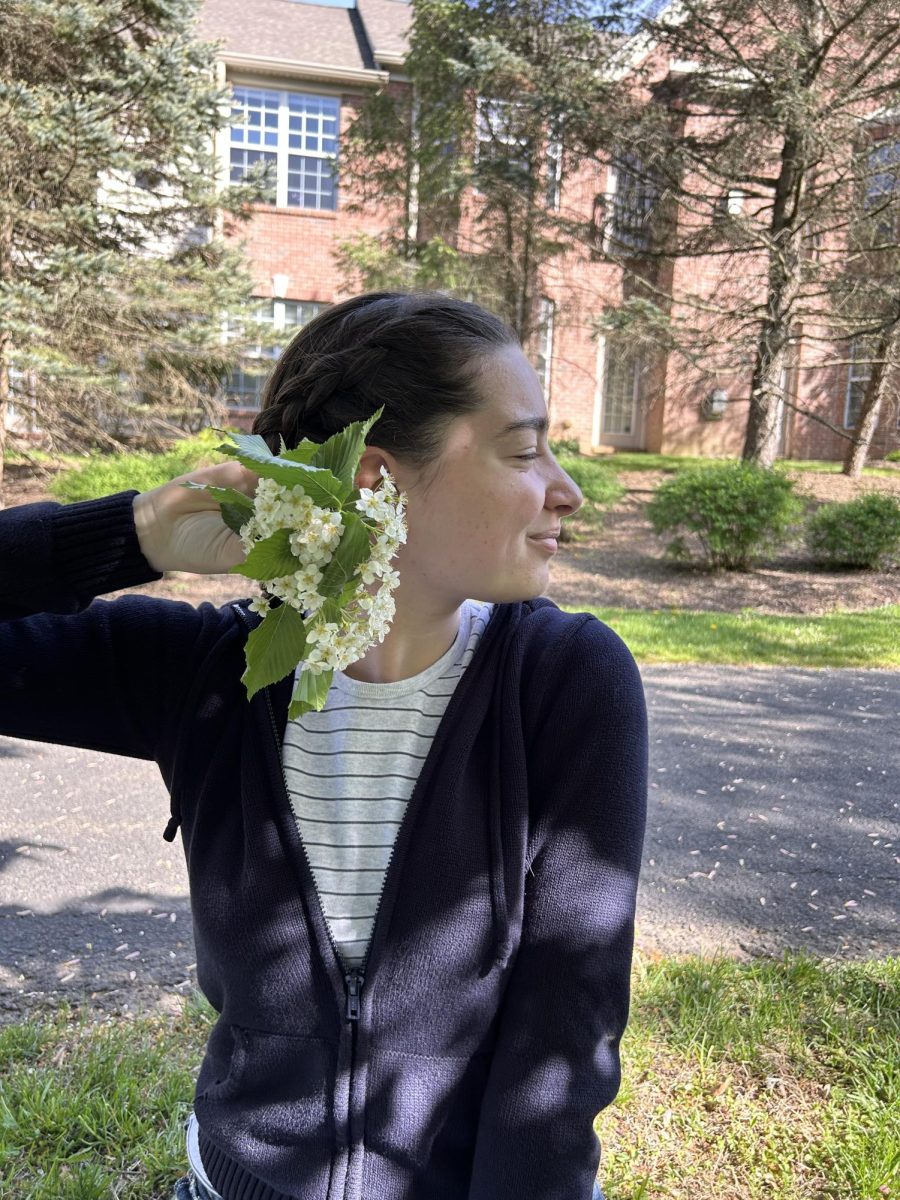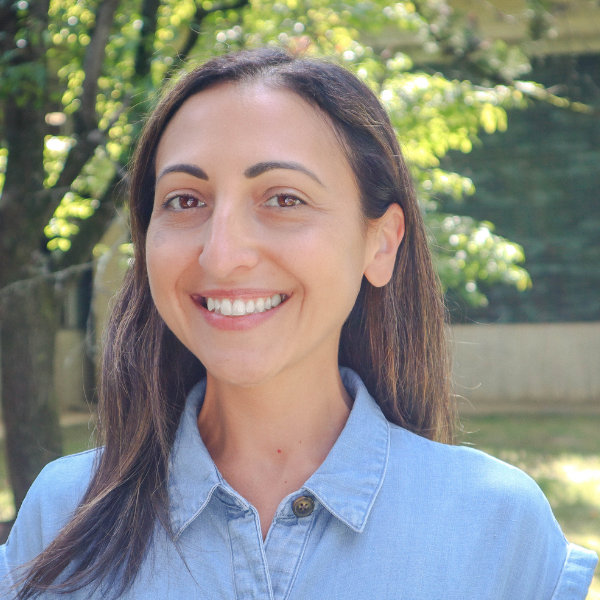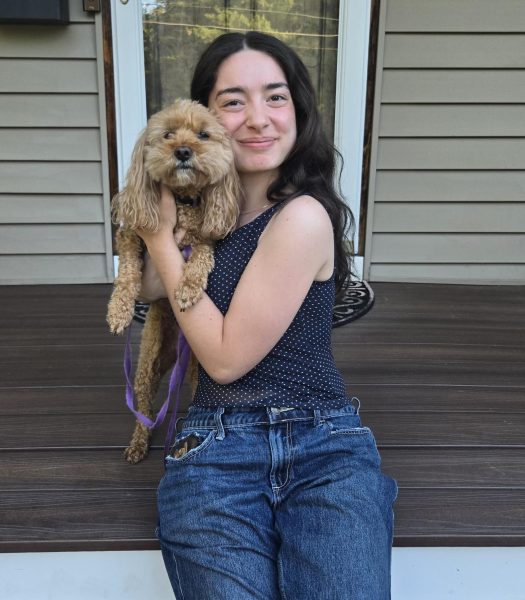I was babysitting the other day, and we stopped our walk to sit under a tree. The tree was covered in flowers, and the sun was shining bright. The little girl I babysit asked me to get some of the flowers down for her, and I did. She held them and looked around, and then at me, and said she wished her brother and parents were there because they would think where we were was so beautiful. She then wanted to take a picture of me, holding the flowers by my face. After making promises not to take the phone and run, I handed her the camera. She held it up, and I looked away. She immediately said, “No, no, I want you to look and smile.” And of course I did because it’s what she wanted. She then handed me the phone, and I saw the picture. My first thought was that I didn’t like how I looked in it, I thought I looked off. But I asked the little girl which picture she liked better. The one of me looking away or the second one, and she said the one where I am looking because she liked the smile and the flowers, and that she liked that I was looking at her.
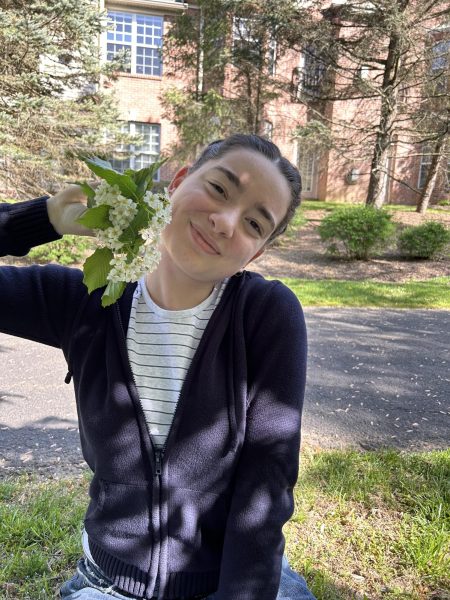
As we continued our journey, a thought began to form in my mind: When you are little, you probably find most things beautiful because you haven’t been taught not to yet. This little girl thinks her dolls are beautiful, that my hair is beautiful, the trees, the smiles, and a lot more. William Stafford believes something similar. He said that somebody once asked him when he became a poet, and he responded that this wasn’t the right question to ask. The question is, when did you stop being a poet? He said we are all poets when we are little, and some of us just try to keep up the habit.
I think as we get older, we develop the mindset that spending time on the little things and believing most things are beautiful is juvenile, but I‘m beginning to think it might be the opposite. How is it juvenile to pay attention and appreciate what you see? To know you aren’t the center of the world and are surrounded by many important things? To want to capture those around you in words and pictures?
When our adventures outside were almost up, a bee began following the little girl. I told her if she walked in front of me, it would follow me instead and not be able to get her. She believed me, and that is how we walked the last five minutes to her home. When you are little, you believe what people tell you; if you grow up and continue to do the same, you are considered naive. What I said about the bee wasn’t untrue; if it couldn’t see her because she was blocked by me, it would go find something else to worry about.
My point is that maybe we lose too much of our curiosity and belief as we grow older. We either stop seeing the magic, or we just don’t want to. I think we might need to try and create our own. To seek out laughs and chase sunsets, to seek the poetry that is right in front of our faces. I think we need to give what we have a chance.

